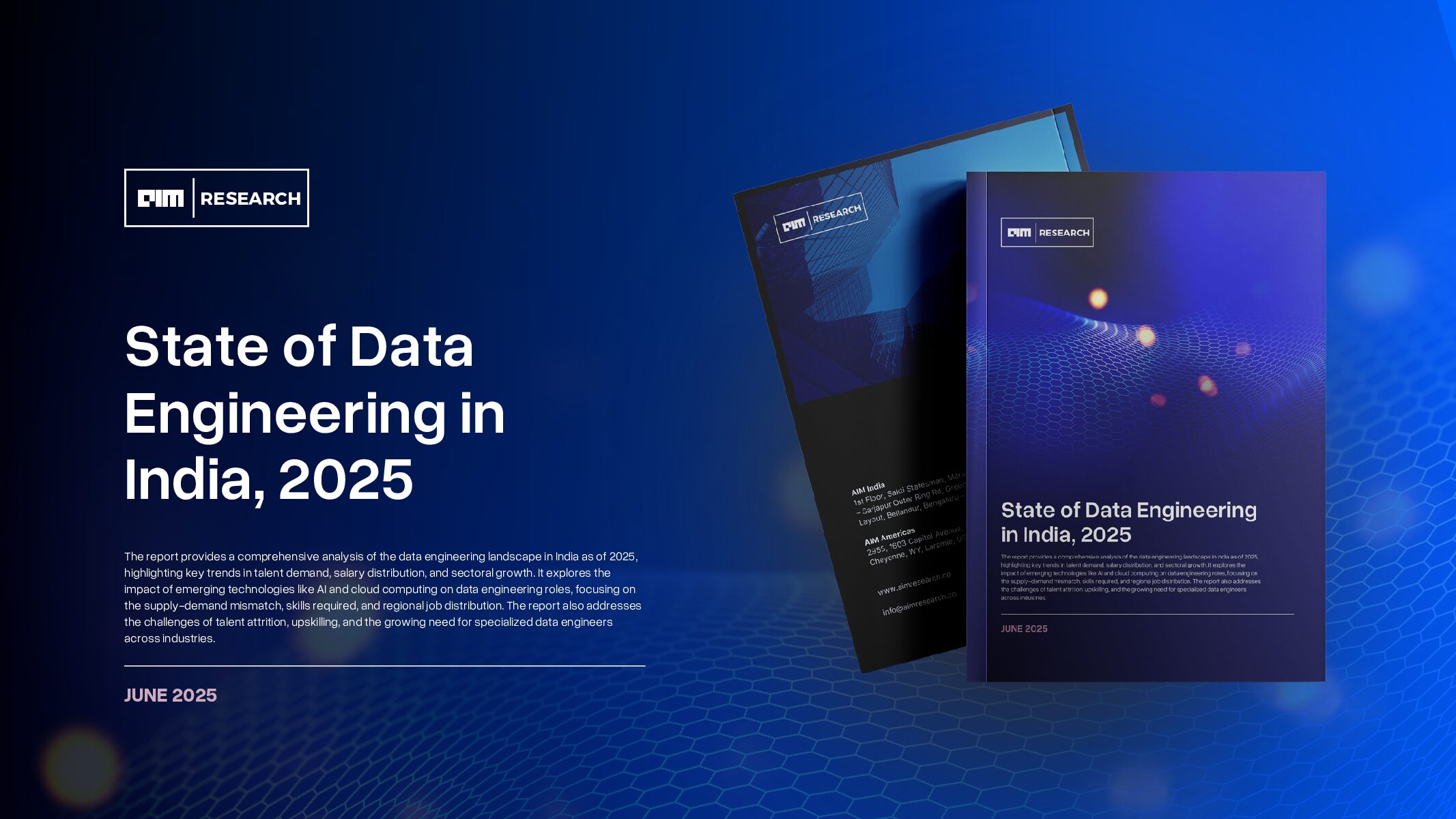Nvidia-backed Utilidata, a pioneer in edge AI for energy infrastructure, has raised $60.3 million in Series C funding to scale its AI platform, Karman, across the power grid. The round was led by Renown Capital Partners, with participation from NVIDIA, Quanta Services, and existing investor Keyframe Capital. Citigroup acted as sole placement agent on the deal.
The new investment comes at a critical moment for the energy sector. With global power demand surging and driven in part by the explosive growth of data centers grid operators are under mounting pressure to boost capacity, efficiency, and resilience. Utilidata’s answer is Karman, a distributed AI platform developed in partnership with NVIDIA over the last four years.
As Josh Brumberger, CEO of Utilidata stated, “Electricity has gone from being abundant and predictable to scarce and increasingly unpredictable.”
Edge AI refers to artificial intelligence that runs on local devices such as smart meters or grid infrastructure rather than in centralized data centers. This enables real-time decision-making with minimal latency, even in remote or bandwidth-limited environments. In the context of the power grid, edge AI allows utilities to analyze data and respond to conditions like outages, voltage fluctuations, or demand spikes right at the source.
Karman is built on the NVIDIA Jetson Orin Nano, a high-performance module designed for running AI at the edge. Unlike traditional systems that rely on cloud-based analytics and along with deploying AI at the grid’s edge, Karman provides utilities with granular, real-time visibility into grid conditions. It can detect anomalies, manage distributed energy resources, and respond to changing demand patterns swiftly. This localized processing capability enhances grid resilience, optimizes energy distribution, and supports the integration of renewable energy sources.
The implications are significant. Karman can be embedded into any grid-connected device, from substations to smart meters. By running AI locally, utilities can unlock unused grid capacity, improve reliability, and cut carbon emissions all without major hardware overhauls.
Partners like Hubbell are already integrating Karman into smart meters, while Quanta Services will support large-scale deployment. Advantech, a leader in IoT systems, will offer Karman to hardware partners for easy integration.
According to their blog post, in 2021, Utilidata and Nvidia initiated a collaborative technology development effort. This partnership led to the formation of a consortium in the following year. This consortium, which includes prominent U.S. utilities and Sunrun, a major installer of residential solar and battery systems, aims to facilitate the deployment of their jointly developed technology.
Manuvir Das, Vice President of Enterprise Computing at NVIDIA said, “We’re working to create an AI-powered platform that utilities, solar providers, and electric vehicle companies can use to make the energy grid more resilient, reliable, and secure.”
As electricity demand grows for the first time in decades, and the transition to renewable energy accelerates, the grid must become smarter not just bigger. Utilidata’s technology offers a scalable way to achieve that, helping utilities do more with the infrastructure they already have.
“By embedding AI and accelerated computing at the grid’s edge, Utilidata is unlocking critical insights and enabling smarter decisions across the energy ecosystem,” said John Rapaport, CIO at Keyframe Capital.
With fresh funding and a coalition of strategic partners, the company is positioning itself at the forefront of a new era in energy management where AI, embedded locally, powers the most vital systems on earth.
























